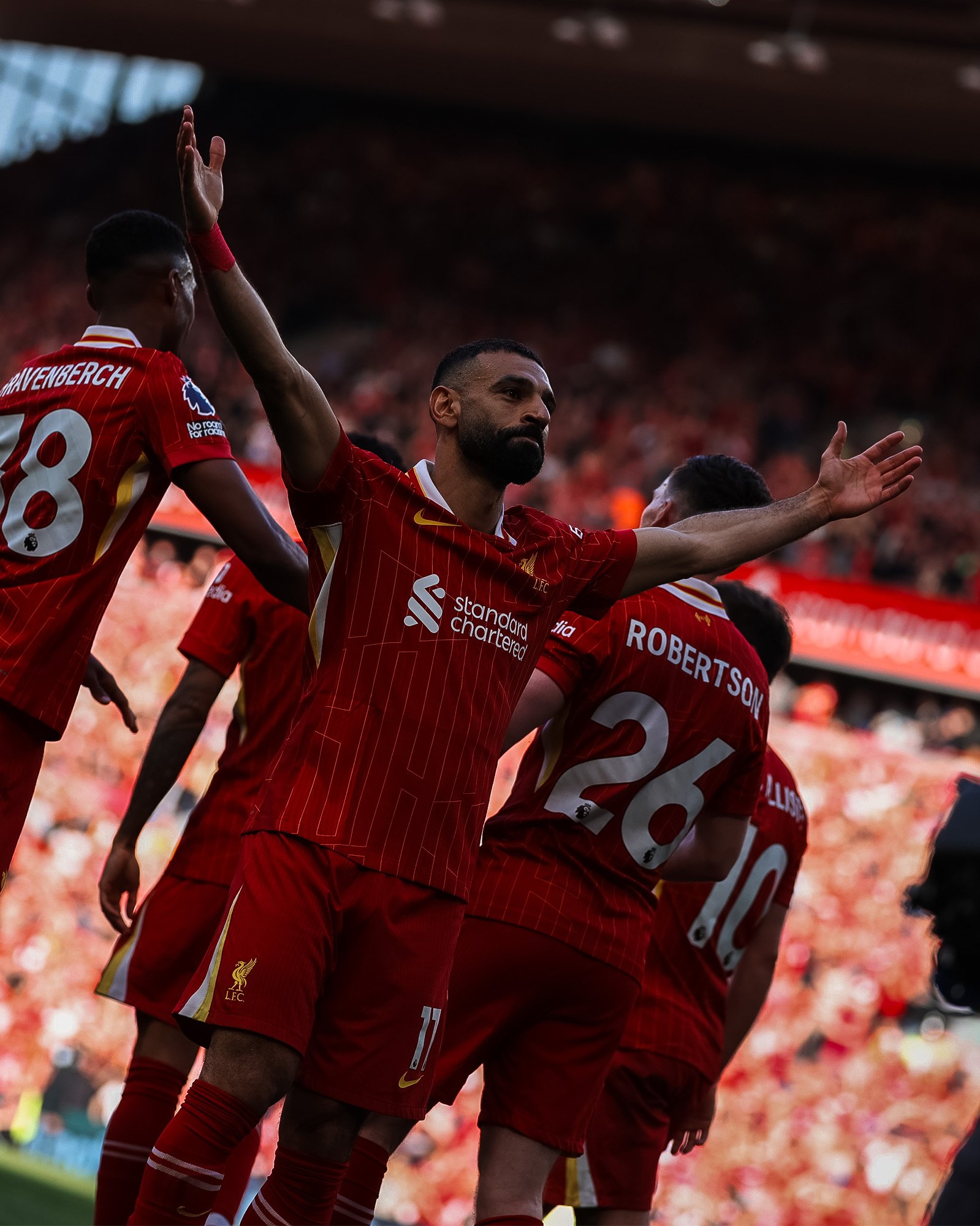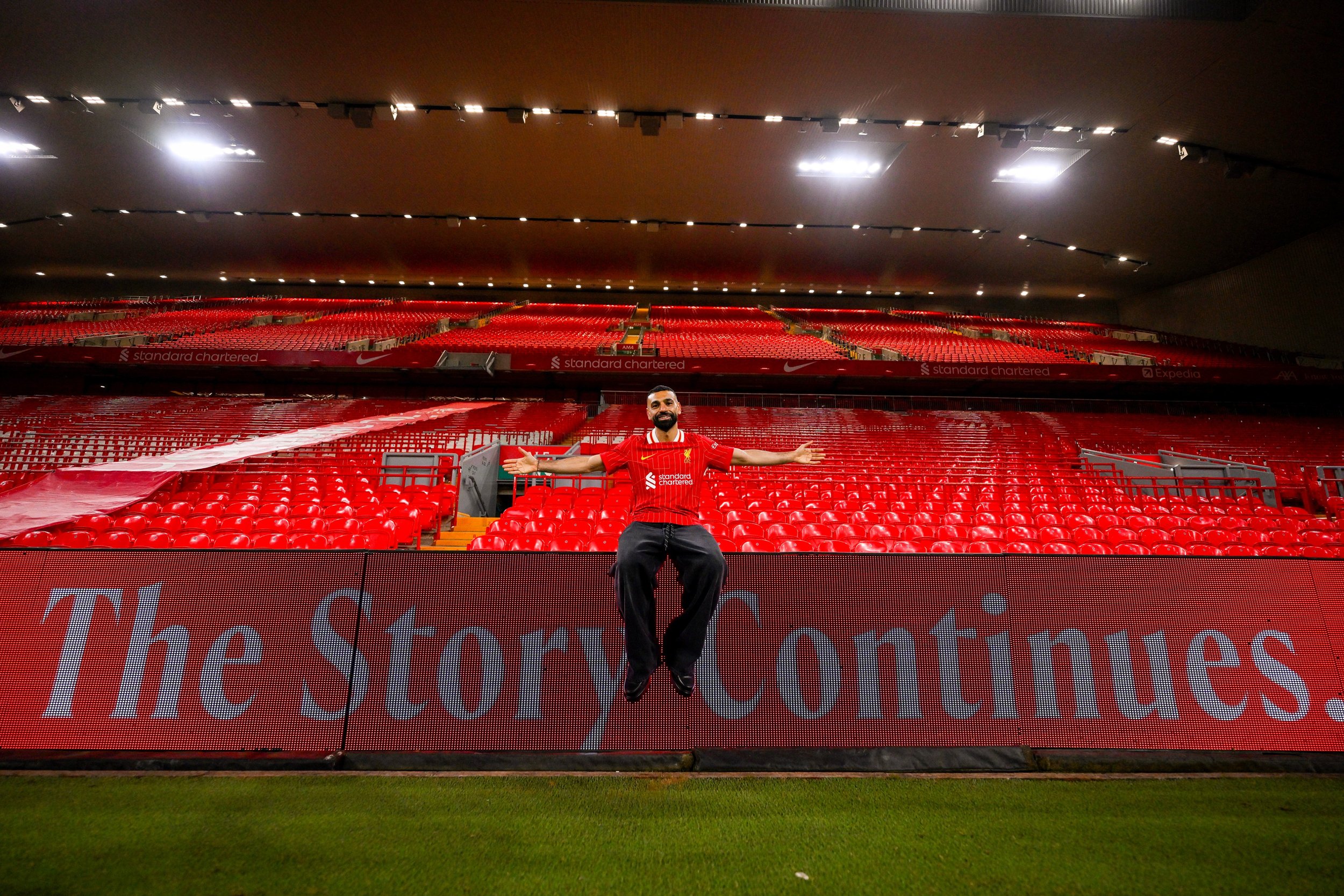Today, October 6th, marks the anniversary of the 1973 War, between Egypt and Israel.
While Egyptians called it the ‘October War’, in Israel, the affair is known as ‘Yom Kippur War’.
YOM KIPPUR WAR. ISRAELI PARATROOPERS MARCHING ALONG THE SUEZ-CAIRO ROAD ON THE WEST BANK OF THE CANAL. (Photo: Ron Ilan/STATE OF ISRAEL GPO)
After Israel won the Six Days War in 1967, six years later, an Arab coalition launched attacks on several Israeli-occupied territories on Yom Kippur, ‘Day of Atonement’ – the holiest day in the Jewish calendar. Fascinatingly enough, this event had a significant impact on football… in England.
Back then, the norm in England and most of Europe was that football matches were taking place on Wednesdays and Saturdays. Sunday was a sabbatical day, with no commerce nor work taking place at all, due to religious and social reasons - pray, and spending time with family. Therefore, footballers, like all people, could enjoy a day off at the weekend - on Sundays.
On January 20, 1974, it changed forever. The reason? That war between Egypt and other Arabic countries with Israel.
WHEN PETROL RAN THE WORLD
As the war intensified, the Arab members of OPEC - the Organisation of the Petroleum Exporting Countries - have suspended oil deliveries to all western countries that supported Israel, the United Kingdom included. This led to an energy crisis in Britain late in 1973, with the famous miners’ strike in February 1974. The British prime minister back then, Edward Heath, has declared on a new rule to save electricity: the “Three-Day Work Order” to save electricity. The Three-Day Work Order had an impact on all levels of life, from hospitals to communications, street’s lights, and of course, football.
In order to save electricity from floodlights, matches have moved to daylight. The price of petrol was soaring, many were in a state unstable employment, and the new kick-off timings were highly unpopular. This had a severe influence on the game. Many stopped, or simply couldn’t, attending matches.
The English Football League requested the authorities permission to schedule matches on Sundays. In order stadiums will function well during matchday, electricity was a must, and since Sunday was already a day with minimal activity in commerce, markets, and general use of electricity in public areas, it seemed like the best solution. The permission was granted, and Sunday’s football kicked-off in England.
ANY GIVEN SUNDAY
The first Sunday official game took place on January 6 1974, when Cambridge United hosted Oldham Athletic in an FA Cup Third Round tie. Later on, on Sunday, January 20, multiple League matches were played starting with Millwall vs Fulham.
The move to playing football games on Sundays brought to a new sub-culture into the English game. Clubs couldn’t charge fans for matches, in the beginning, so the entrance was free, but you had to buy a matchday programme to gain entry to the stadium. This loophole created the fanzine culture.
Like in any change, different voices criticized the decision, but it was too late. Sunday football culture grew gradually and extensively and later was spread to other European countries.
A war in a different part of the world, who had nothing to do with football influenced the lives of billions of football fans across Britain and the world, for decades to come.
This is the story of how the October War changed English football forever.
A piece inspired by 90+ and Sportslens.
Background photo by Igal Tumarkin/STATE OF ISRAEL GPO











